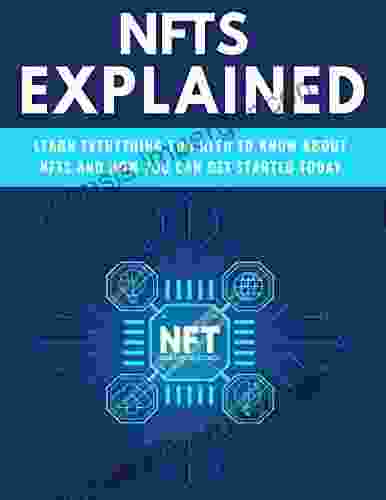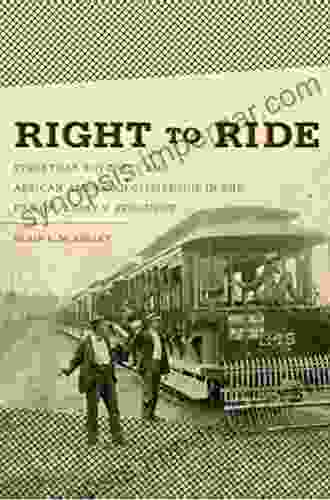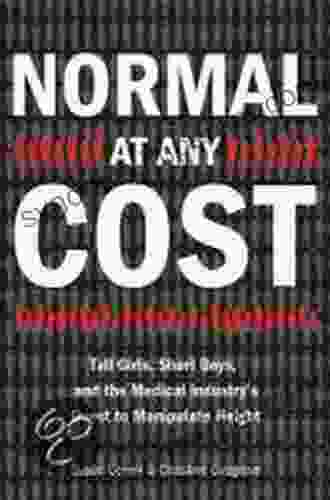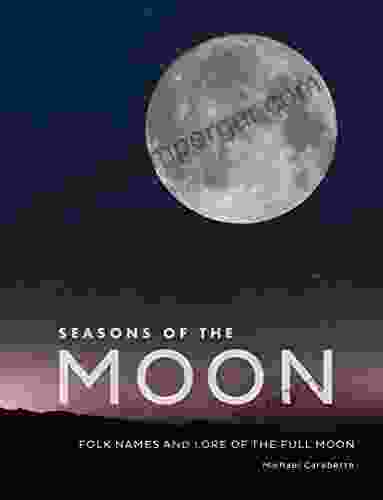Streetcar Boycotts and African American Citizenship in the Era of Plessy

Abstract
This book explores the history of streetcar boycotts by African Americans in the United States during the era of Plessy v. Ferguson. These boycotts were a major form of resistance to segregation and discrimination, and they played a key role in the struggle for African American civil rights. The book argues that streetcar boycotts were more than just protests against segregation; they were also acts of citizenship. By refusing to ride segregated streetcars, African Americans asserted their right to equal treatment and dignity. The book also examines the impact of streetcar boycotts on the development of the civil rights movement, and it argues that they were a major factor in the eventual victory of the civil rights struggle.
4.6 out of 5
| Language | : | English |
| File size | : | 1953 KB |
| Text-to-Speech | : | Enabled |
| Screen Reader | : | Supported |
| Enhanced typesetting | : | Enabled |
| Word Wise | : | Enabled |
| Print length | : | 278 pages |
The era of Plessy v. Ferguson (1896-1954) was a dark period in American history. The Supreme Court's ruling in Plessy v. Ferguson legalized segregation in public accommodations, and it gave rise to a system of Jim Crow laws that enforced segregation in all aspects of life. African Americans were denied equal access to education, housing, jobs, and transportation. They were forced to ride in segregated streetcars, and they were often subjected to violence and humiliation.
In the face of this oppression, African Americans fought back. They organized boycotts, protests, and marches. They challenged segregation in the courts. And they refused to give up their fight for equality.
Streetcar boycotts were a major form of resistance to segregation. They began in the late 19th century, and they continued throughout the era of Jim Crow. The most famous streetcar boycott was the Montgomery Bus Boycott, which lasted for over a year and ended with the desegregation of Montgomery's buses.
Streetcar boycotts were more than just protests against segregation; they were also acts of citizenship. By refusing to ride segregated streetcars, African Americans asserted their right to equal treatment and dignity. They were demanding their full rights as citizens, and they were willing to fight for them.
The Montgomery Bus Boycott
The Montgomery Bus Boycott was the most successful streetcar boycott in history. It began on December 5, 1955, after Rosa Parks, an African American woman, was arrested for refusing to give up her seat to a white man. The boycott lasted for over a year, and it ended with the desegregation of Montgomery's buses.
The Montgomery Bus Boycott was a major turning point in the civil rights movement. It showed that African Americans were willing to fight for their rights, and it inspired other cities to organize their own boycotts. The boycott also helped to raise awareness of the issue of segregation, and it played a key role in the eventual victory of the civil rights movement.
The Impact of Streetcar Boycotts
Streetcar boycotts had a profound impact on the development of the civil rights movement. They showed that African Americans were willing to fight for their rights, and they inspired other forms of protest. The boycotts also helped to raise awareness of the issue of segregation, and they played a key role in the eventual victory of the civil rights movement.
In addition to their impact on the civil rights movement, streetcar boycotts also had a significant impact on the development of American cities. The boycotts forced cities to desegregate their public transportation systems, and they helped to create more integrated communities. The boycotts also helped to raise awareness of the issue of racial inequality, and they led to a number of reforms that improved the lives of African Americans.
Streetcar boycotts were a major form of resistance to segregation and discrimination in the era of Plessy v. Ferguson. They were more than just protests; they were also acts of citizenship. By refusing to ride segregated streetcars, African Americans asserted their right to equal treatment and dignity. The boycotts had a profound impact on the development of the civil rights movement, and they played a key role in the eventual victory of the civil rights struggle.
4.6 out of 5
| Language | : | English |
| File size | : | 1953 KB |
| Text-to-Speech | : | Enabled |
| Screen Reader | : | Supported |
| Enhanced typesetting | : | Enabled |
| Word Wise | : | Enabled |
| Print length | : | 278 pages |
Do you want to contribute by writing guest posts on this blog?
Please contact us and send us a resume of previous articles that you have written.
 Book
Book Novel
Novel Page
Page Chapter
Chapter Text
Text Story
Story Genre
Genre Reader
Reader Library
Library Paperback
Paperback E-book
E-book Magazine
Magazine Newspaper
Newspaper Paragraph
Paragraph Sentence
Sentence Bookmark
Bookmark Shelf
Shelf Glossary
Glossary Bibliography
Bibliography Foreword
Foreword Preface
Preface Synopsis
Synopsis Annotation
Annotation Footnote
Footnote Manuscript
Manuscript Scroll
Scroll Codex
Codex Tome
Tome Bestseller
Bestseller Classics
Classics Library card
Library card Narrative
Narrative Biography
Biography Autobiography
Autobiography Memoir
Memoir Reference
Reference Encyclopedia
Encyclopedia David Smithweck
David Smithweck David P Leonard
David P Leonard David W Deamer
David W Deamer Thales S Teixeira
Thales S Teixeira Michael J Nelson
Michael J Nelson Della Hooke
Della Hooke Mel Newton
Mel Newton Derick Howell
Derick Howell Jana Kopelentova Rehak
Jana Kopelentova Rehak David M Jameson
David M Jameson David Mcglynn
David Mcglynn Devery S Anderson
Devery S Anderson David S Kidder
David S Kidder John Bowden
John Bowden David M Hayano
David M Hayano Shonna Milliken Humphrey
Shonna Milliken Humphrey I C Mcmanus
I C Mcmanus John R Ballard
John R Ballard Lee W Waldrep
Lee W Waldrep Stavros Kromidas
Stavros Kromidas
Light bulbAdvertise smarter! Our strategic ad space ensures maximum exposure. Reserve your spot today!

 Jarrett BlairGerman And United States Second World War Military Cemeteries In Italy: A...
Jarrett BlairGerman And United States Second World War Military Cemeteries In Italy: A... Isaiah PowellFollow ·5.5k
Isaiah PowellFollow ·5.5k Billy PetersonFollow ·6.5k
Billy PetersonFollow ·6.5k William GoldingFollow ·3.3k
William GoldingFollow ·3.3k Sammy PowellFollow ·14.3k
Sammy PowellFollow ·14.3k Felix CarterFollow ·13.7k
Felix CarterFollow ·13.7k William WordsworthFollow ·15k
William WordsworthFollow ·15k Yukio MishimaFollow ·5k
Yukio MishimaFollow ·5k Dion ReedFollow ·7.2k
Dion ReedFollow ·7.2k

 Ivan Turgenev
Ivan Turgenev38 Art Made During The Pandemic Digitally Enhanced Art...
By [Author's Name] The year 2024 was a time...

 F. Scott Fitzgerald
F. Scott FitzgeraldAmazing Cooking Guide To South Beach Diet: Your Culinary...
Embark on a...

 Zachary Cox
Zachary CoxGeneral History of Chinese Film: A Journey Through Time...
Origins and...

 Cristian Cox
Cristian CoxUnderstanding Antidepressants: An In-Depth Guide to...
Unleashing the Power of...

 Jeremy Cook
Jeremy CookUnlock the NFT Revolution: A Comprehensive Guide for...
The world of Non-Fungible Tokens (NFTs) has...

 Kevin Turner
Kevin TurnerSeneca and Roman Slavery Under Nero's Rule: An In-Depth...
During the reign of...
4.6 out of 5
| Language | : | English |
| File size | : | 1953 KB |
| Text-to-Speech | : | Enabled |
| Screen Reader | : | Supported |
| Enhanced typesetting | : | Enabled |
| Word Wise | : | Enabled |
| Print length | : | 278 pages |










